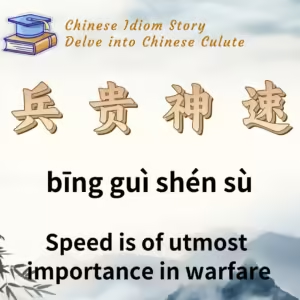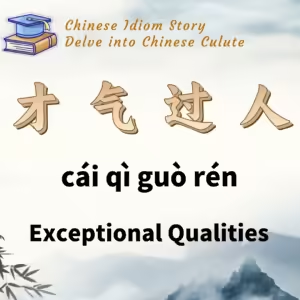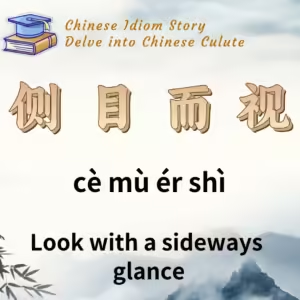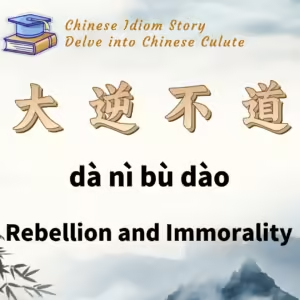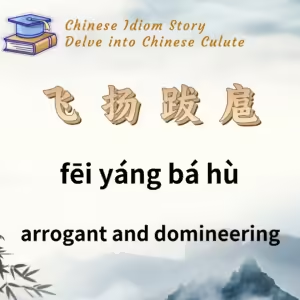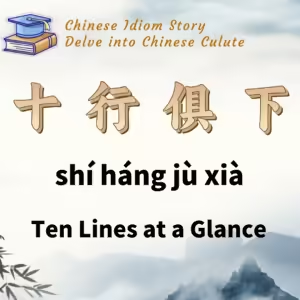
Chinese Idiom: 十行俱下 (Shi Hang Ju Xia – Ten Lines at a Glance)
English Translation: Ten Lines at a Glance
pīn yīn: shí háng jù xià
Idiom Meaning: This idiom describes the ability to read text quickly and efficiently, often used to denote someone who reads with exceptional speed and comprehension. It can also be written as “一目十行 (One Glance at Ten Lines).”
Historical Source: Southern History: Annals of the Liang Dynasty (南史·梁本纪下) and also found in Southern History: Annals of Emperor Jianwen of Liang (南史·梁简文帝纪).
Idiom Story: The idiom “十行俱下” (shí háng jù xià) originates from a story about Xiao Gang, the Emperor Jianwen of the Liang Dynasty, the third son of Emperor Wu of Liang, Xiao Yan. Known for his exceptional intelligence and remarkable memory from a young age, Xiao Gang was appointed as the Duke of Jin’an at the age of four. Under the guidance of his tutor, he quickly learned to read and write, showing an extraordinary ability to remember everything he read.
By the age of six, Xiao Gang was already composing essays. As he grew older, he read extensively and could quickly skim through ten lines of text at a glance, retaining all the details. He mastered a wide range of texts and could write poetry and essays effortlessly.
When his elder brother, Xiao Tong, passed away, Xiao Gang was made Crown Prince. He spent a long time in the Eastern Palace, leading a life of leisure. Although he continued to write poetry and essays, his works were often extravagant and trivial, focusing on the opulent lifestyles of the elite. Politically, he was inept and under the control of the rebel general Hou Jing. After the death of Emperor Wu, Xiao Gang became a puppet emperor for two years before being killed by Hou Jing.
The idiom “十行俱下” reflects Xiao Gang’s early reputation for rapid reading and exceptional memory, symbolizing remarkable reading skills.

